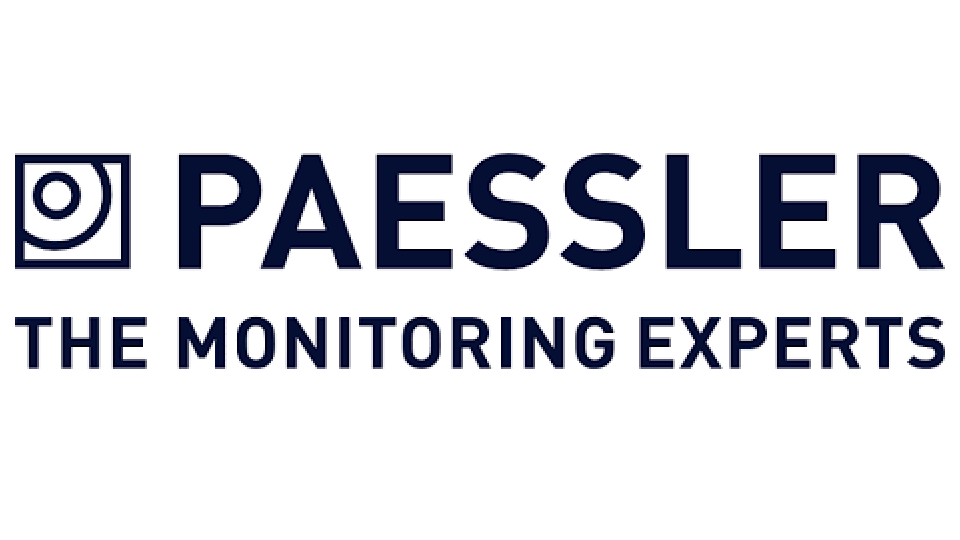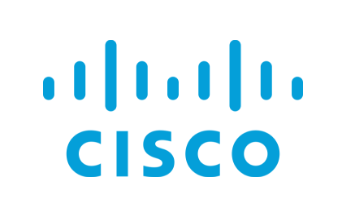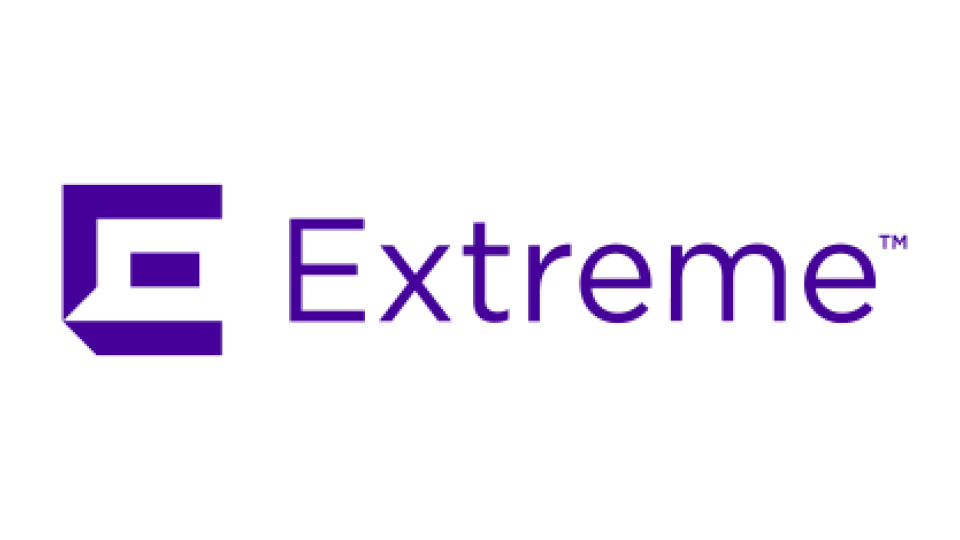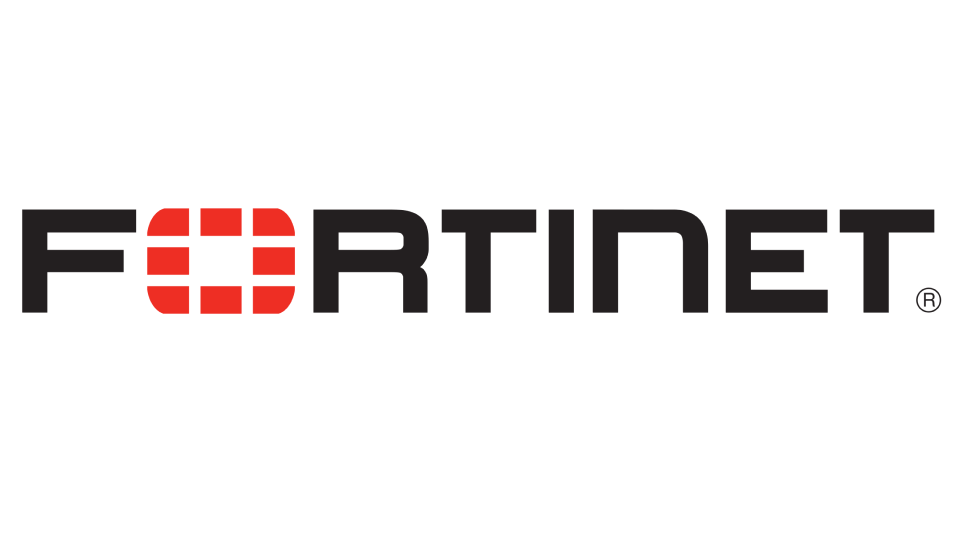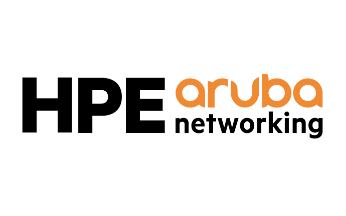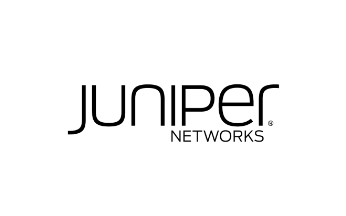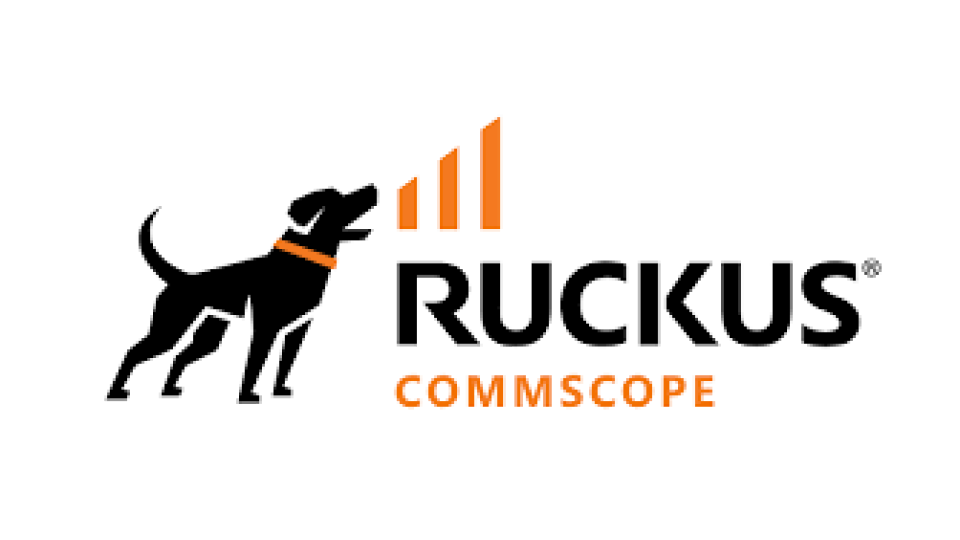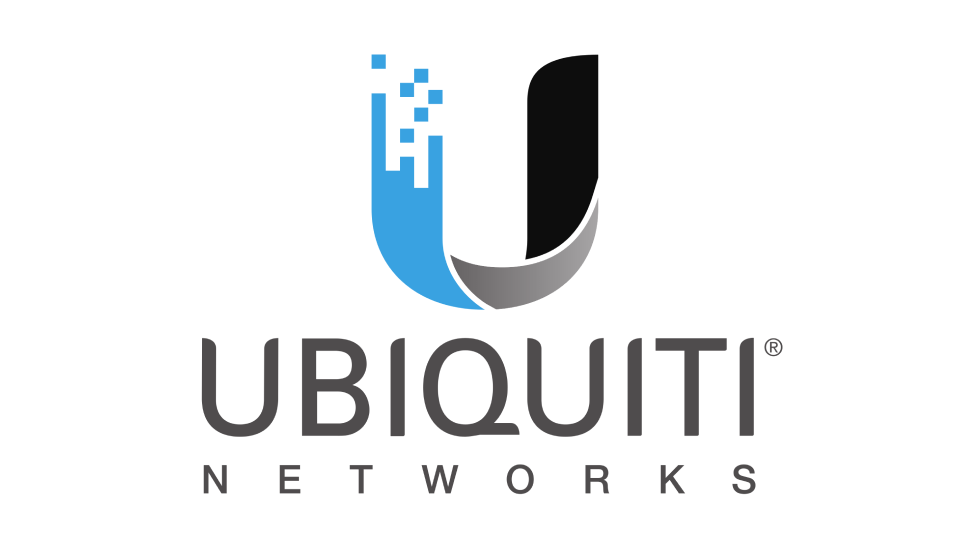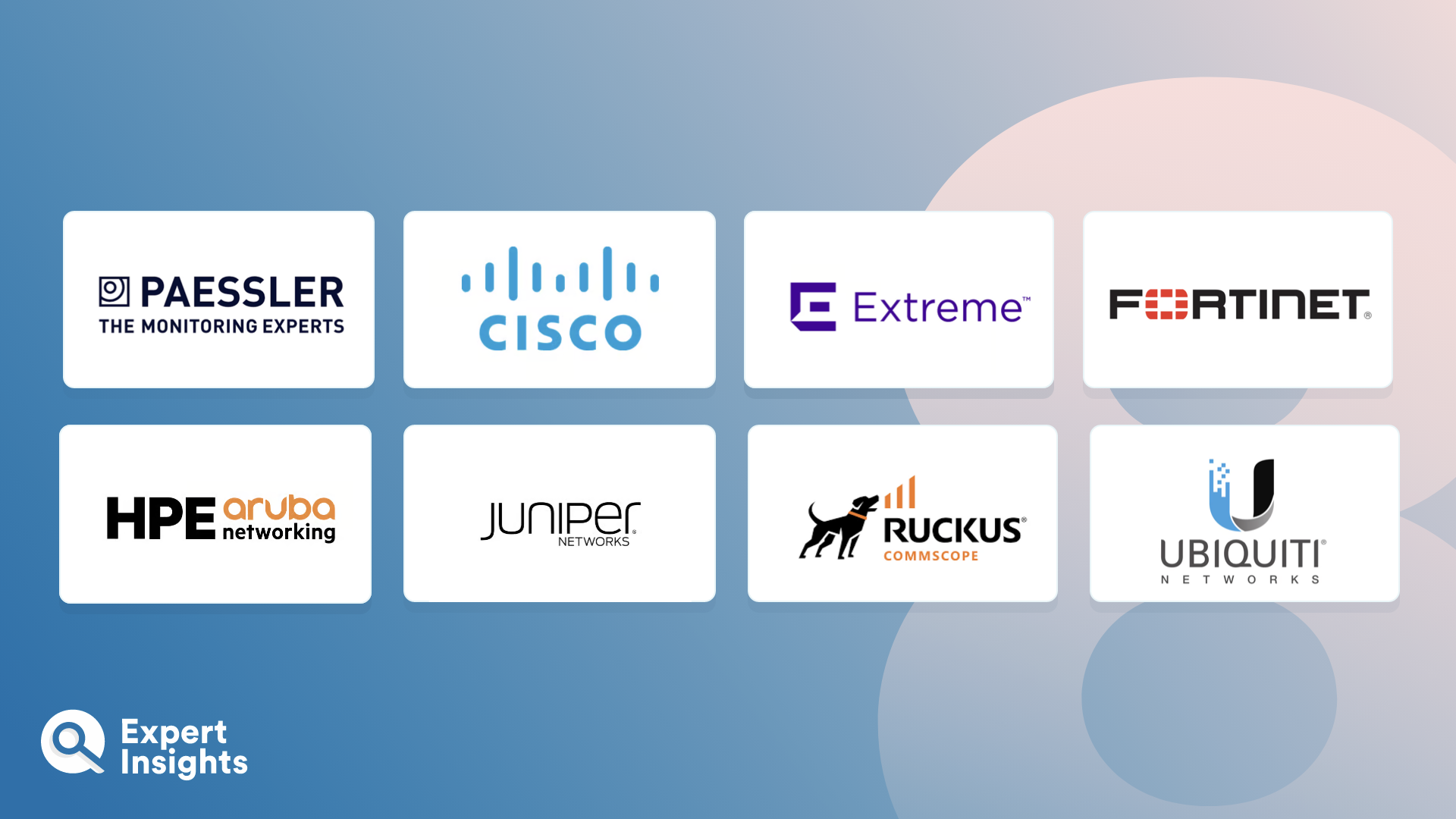Enterprise Access Point solutions enable businesses to provide their users with robust and reliable wireless network access. They do this by creating a wireless local area network, or “WLAN”, which allows users to connect their Wi-Fi-enabled devices—such as laptop, tablets, and smartphones—to the network without using wires or cables. Enterprise access point solutions typically support a variety of Wi-Fi standards to establish connections, but some also offer Bluetooth and Thread support. This can be particularly useful for connecting IoT devices to the network.
Enterprise access point solutions allow hundreds and even thousands of devices to connect to a network at once, even when those devices are spread across a large physical location such as an office building or campus. They provide a cost-effective, convenient way to provision user access, help maintain high levels of network performance, and boost network security with features such as encryption, access controls, and intruder prevention. From an end-user’s perspective, they offer the convenience of being able to roam around the workplace without losing your connection.
In this article, we’ll explore the top enterprise access point solutions designed to help you provide secure and reliable network access to your users. We’ll highlight the key use cases and features of each solution, including wireless connectivity, in-built security capabilities, scalability, interoperability, and speed.



